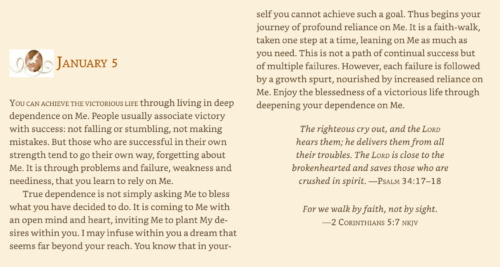Creating a People
The Body of Christ is inherently a collective reality. Father Richard emphasizes that to live the gospel, we need each other:
The Body of Christ, the spiritual family, is God’s strategy. It is both medium and message. It is both beginning and end: “May they all be one . . . so that the world may believe it was you who sent me . . . that they may be one as we are one, with me in them and you in me” (John 17:21–23).
There is no other form for the Christian life except a common one. This may even be a matter of culture, if culture refers to something which is shared and passed on. In this sense, I am wondering if there is any other kind of Christianity except “cultural Christianity,” for better and for worse.
Until and unless Christ is someone happening between people, the gospel remains largely an abstraction. Until Jesus Christ is passed on personally through faithfulness and forgiveness, through bonds of union, I doubt whether he is passed on at all.
We are now paying the price for centuries in which the Church was narrowed from a full vision of peoplehood to an almost total preoccupation with private persons and their devotional needs. But history has shown that individuals who are confirmed in their individualism by the very character of our evangelism will never create church, except after the model of a service station: they will use it as a commodity like everything else. This is far cry from our “original participation” (Owen Barfield [1898–1997]) in the Body of Christ from the moment of our conception.
Certainly, we must deal with individuals. But the very nature of our lifestyle and our church teaching must say from the beginning what the goal is—the communion of saints, a shared life together as family, the trinitarian life of God, the kingdom—here!
The prophet Haggai criticizes the Jews after the exile for dwelling comfortably in their “paneled houses” while the common walls of the temple lie in ruins (see Haggai 1:4, 9). His prophetic call is now and forever. We still think that we can work with the world’s agenda, where career and individual fulfillment are the basic building blocks of society. And we believe that we can build church from those well-educated and well-saved blocks. But God needs “living stones making a spiritual house” (1 Peter 2:5).
For Jesus, such teachings as forgiveness, healing, and justice are not just a spiritual test or obstacle course. They are quite simply the necessary requirements for a basic shared life. Peacemaking and reconciliation are not some kind of box seat tickets to heaven. They are the price of peoplehood. They express the truth in the heart of God, the truth that has been shared with us in the Holy Spirit, the union in Jesus the Christ who is reconciling all people to God (see 2 Corinthians 5:18–19).
